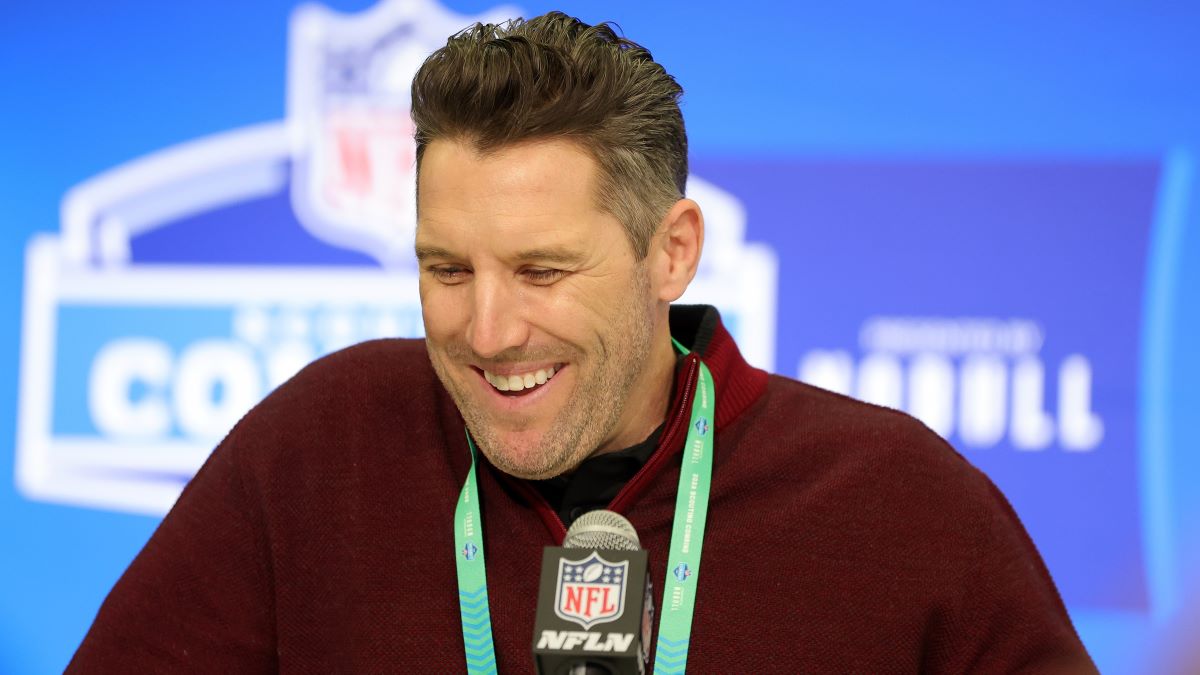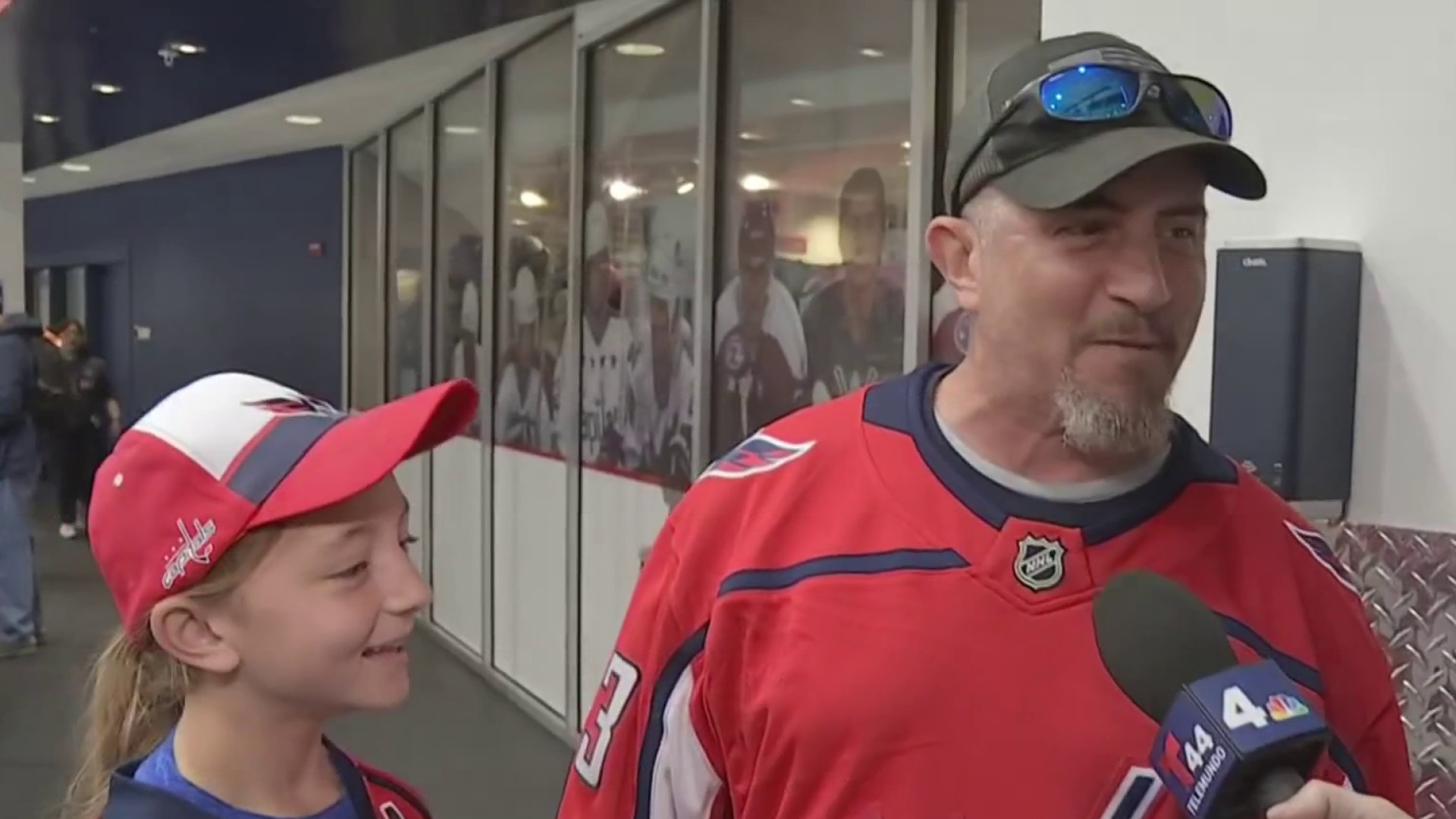Washington, D.C. has a well-known rat problem. Rodent complaints to the city’s 311 line have been steadily increasing over the last few years and the city’s mayor has now led two rat walks in an effort to track the growing rodent infestation. The District is even trying birth control on rats.
But for the last few years, the Humane Rescue Alliance has been spearheading a creative, though not exactly unheard of, way to fight the rat kings and queens of the District of Columbia: pairing local businesses and communities with feral, unsocialized cats to hunt and kill their natural prey.
First developed in 2017, the HRA’s “Blue Collar Cats” program takes stray, feral cats that end up in its care, spays and neuters them, and then matches them to businesses or homes to catch and deter unwanted rodents, HRA Vice President Lauren Lipsey told News4.
“Our original goal was to do a handful in the first year, but we didn’t recognize the number of property owners that would be interested,” Lipsey said.
The program started off with a bang, with 20 feline placements around the city and a waiting list more than 40 people long, Lipsey said.
“We had an initial boost with great publicity,” Lipsey said. “It became attractive to cat aficionados and people who previously did not have an interest in cats.”
Now, Blue Collar Cats are at work in the most populous area of the city, prowling the streets of Capitol Hill, Columbia Heights, Dupont Circle, Petworth and Shaw for those squirmy tails and furry shadows that haunt D.C. residents.
Local
Washington, D.C., Maryland and Virginia local news, events and information
Lipsey also said that she and the HRA were surprised to see how many homeowners were interested in sponsoring a Blue Collar Cat in their neighborhood, given that they marketed the program as a way for businesses to deal with pests.
“We anticipated mostly businesses, and then homeowners contacted us, which was not necessarily how we marketed the program,” Lipsey said. “But there was also excitement to see properties accept pairs of cats together.”
To assign a pair of cats together is a big accomplishment, Lipsey said, because their feral nature makes them fearful of humans and other animals. By definition, feral cats are unsocialized, usually wandering cities lonelily and scavenging for food.
“If we get two cats and we can match them together, they can be social with each other,” Lipsey said. “It works with cats because unsocial cats can wander alone when they are spayed and neutered.”
And 2018 was another year of success for the program, Lipsey said. The HRA was able to place 110 cats around the city, with 17 businesses taking 25 cats and 62 homes taking 85 cats.
One of those businesses is D.C.’s own Right Proper Brewing Company in Northeast Washington.
At this Brookland facility, co-owner Thor Cheston said his feline staff member does his fair share in keeping the barley and hops fermenting.
“There is a theory that links the domestication of cats to the development of brewing, that the reason why cats were domesticated in the first place was to guard grain,” Cheston said. “Cats were following the food source, rodents, and the rodents were following their food source, grain.”
Cheston said this history drew him to want to recruit a Blue Collar Cat.
“Breweries having or ‘employing’ a cat or multiple cats goes back centuries,” Cheston said. “So when I learned about the Blue Collar Cat program, I jumped all over it. It just seemed so natural.”
Right Proper Brewing has had two rat-hunting cats, Cheston said. Their first employee, named Barley, worked for the brewery for six months before running off in 2017. The brewery now has a younger cat, named Oats, who joined the team in 2018.
“Barley was great. He was a little bit older so he didn’t grow as attached to us as our current cat is now, so eventually he did run away,” Cheston told News4. “But he was very effective at his job.”
Still, though Oats, is more energetic and relatively more friendly, he still keeps his distance, Cheston said.
“He still doesn’t let us touch him, we can’t pet him, he does not care too much for that interaction but it’s almost like we have an understanding,” Cheston said. “We have a professional courtesy I would say.”
Lipsey said Right Proper is a perfect example of the kind of relationship between cat and partner that succeeds.
“They’ve been huge supporters and they are a good member of the community,” Lipsey said. “They really serve as an example to other businesses.”
And Cheston said the presence of a cat is often enough to scare away rats.
“We had an issue with this one rat that was eating through installation and working his way through drywall and barley and he nixed that. I think the word got out very quickly,” Cheston said.
And Cheston said he has no intention of letting Oats go.
“We haven’t seen any activity since he’s been here,” Cheston said. “He’s our guy.”
Learn more about the Blue Collar Cats program here.



